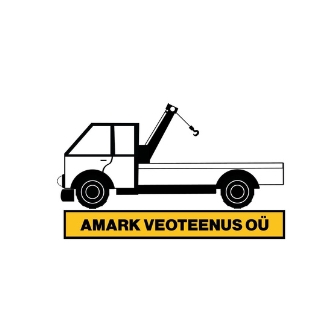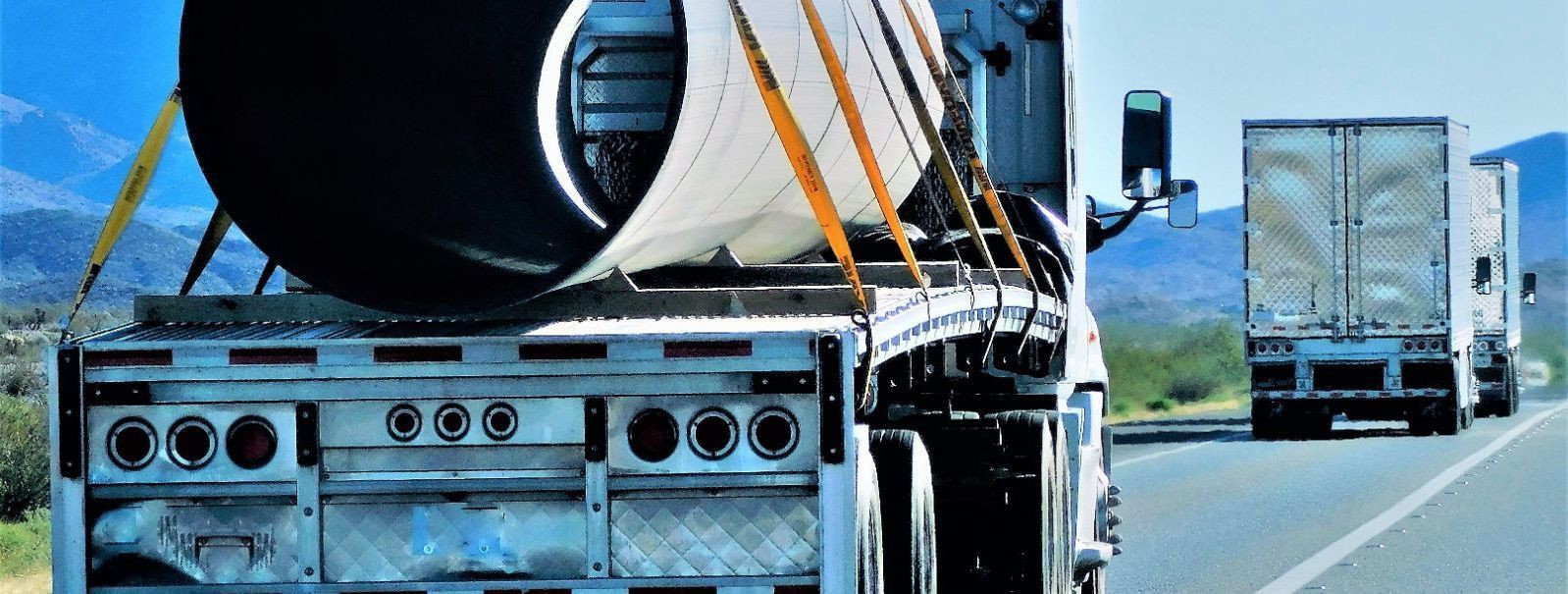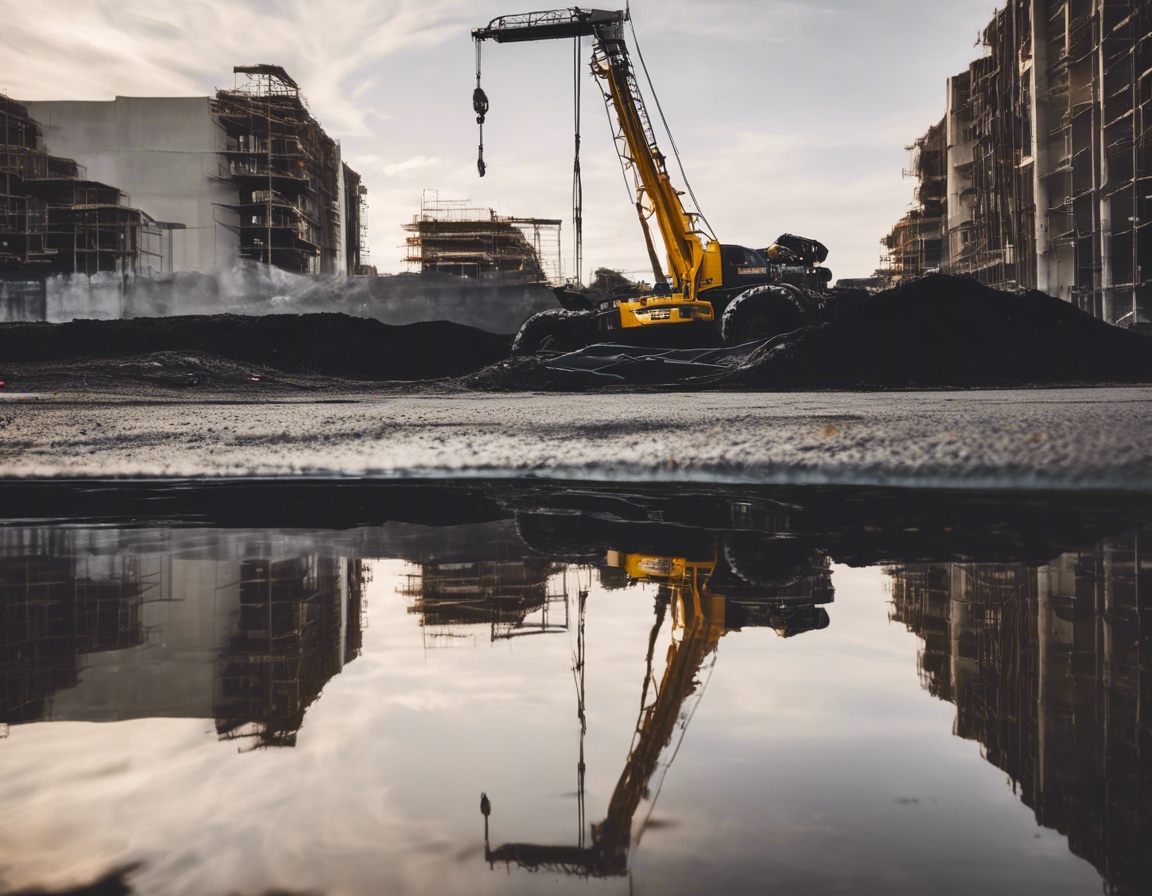How advanced technology is shaping the future of logistics
The logistics industry is undergoing a significant transformation, driven by cutting-edge technologies that are reshaping the way goods are transported and managed. For companies like AMARK VEOTEENUS OÜ, which specialize in the transportation of heavy or oversized items, these advancements are not just a matter of staying competitive; they are crucial for meeting the increasing demands of safety, efficiency, and reliability that their clients expect.
Technology has become an integral part of logistics, streamlining operations and providing solutions to complex challenges. It enables logistics providers to offer more sophisticated services that can handle the intricacies of transporting large-scale items with precision and care.
Transporting heavy or oversized items presents unique challenges that require specialized solutions. Advanced technology plays a pivotal role in addressing issues such as route planning, load balancing, and ensuring the safety of both cargo and personnel.
Key Technological Innovations Transforming Logistics
Automation and robotics are revolutionizing warehouse operations, with automated guided vehicles (AGVs) and robotic arms streamlining the loading and unloading process. This not only speeds up operations but also reduces the risk of injury and product damage.
AI and machine learning algorithms are being used to predict demand, optimize inventory levels, and provide actionable insights for decision-making. These technologies enable logistics companies to anticipate client needs and respond proactively.
IoT devices are being integrated into logistics to monitor the condition and location of cargo in real-time. This technology ensures that sensitive or perishable goods are maintained in optimal conditions throughout their journey.
Fleet management systems have become more sophisticated, offering features like real-time tracking, fuel management, and predictive maintenance. These systems help in reducing downtime and improving the overall efficiency of the transport process.
The potential of drones and autonomous vehicles in logistics is vast, particularly for last-mile delivery. Although still in the early stages for heavy and oversized items, these technologies promise to further streamline delivery processes in the future.
Blockchain is gaining traction in logistics for its ability to provide a secure and transparent ledger for transactions. It can significantly reduce fraud, improve customs processing, and enhance trust between all parties involved in the supply chain.
Impact of Technology on Logistics Efficiency
Advanced tracking systems provide unparalleled visibility into the supply chain, allowing logistics providers and clients to monitor shipments every step of the way. This transparency is essential for managing complex transportation projects.
Technological advancements contribute to the safety and security of logistics operations. Sensors and monitoring systems can detect potential hazards and prevent accidents before they occur, ensuring the well-being of both cargo and personnel.
Intelligent routing software and load management tools help in maximizing the efficiency of transport routes and cargo space. This leads to faster delivery times and lower operational costs.
Technology also plays a key role in making logistics more sustainable. Electric vehicles, optimized routes, and improved load management all contribute to reducing the carbon footprint of transportation.
Preparing for the Technological Future of Logistics
For logistics companies to remain at the forefront, investing in new technologies is essential. This includes not only the adoption of the latest tools but also the development of innovative solutions tailored to the specific needs of heavy and oversized item transportation.
As technology evolves, so does the need for a skilled workforce that can manage and operate these advanced systems. Continuous training and development are vital for maintaining a knowledgeable team capable of leveraging technology to its full potential.
The logistics industry is constantly evolving, and staying abreast of changes in technology and industry standards is crucial. Companies must be agile and ready to adapt to new regulations and technological shifts to ensure ongoing success.






Comments (0)